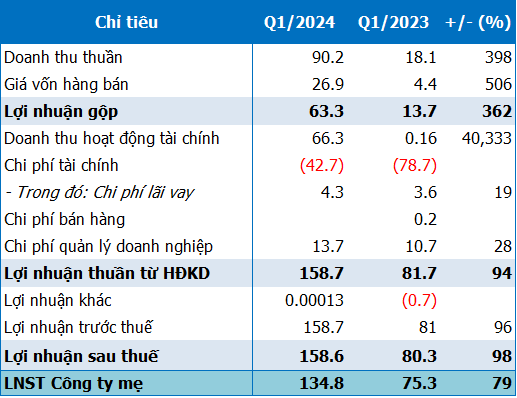Starting from July 1 this year, the salary policy reform will be implemented according to Resolution No. 27 of the 7th Central Committee, 12th session. The average salary of officials and civil servants is expected to increase by more than 32%, a significant increase compared to the average annual increase of 7% before the salary reform. Currently, local ministries are urgently constructing a list of job positions, job descriptions, and job competency frameworks for submission to the competent authorities for approval.

From July 1st, the salary of civil servants is expected to increase significantly compared to the current level. If we consider the basic salary, allowances, and bonuses, the average salary will increase by more than 32% (about 7.5 million VND per month). This is an outstanding effort by all levels and sectors in recent times; it is both historic and current, creating a joyful and uplifting atmosphere in society, especially for the officials and civil servants.
Ms. Nguyen Bich Thu, Head of the Salary Department, Ministry of Home Affairs, stated that the Ministry of Home Affairs is cooperating with relevant agencies to develop legal documents to implement the new salary regime: “Currently, we are completing the documents to submit to the competent authorities before requesting the opinions of the Politburo. After the Politburo gives its opinion, it will serve as the basis for the Party, National Assembly, and Government agencies to issue the documents. Specifically, the Government will issue a decree on the salary regime for officials, civil servants, and armed forces; the National Assembly will have a resolution of the Standing Committee of the National Assembly on the new salary regime for officials, civil servants, and personnel of the provincial and district People’s Councils, courts, procuracies, and State Audit. The Party will issue a decision of the Party’s Secretariat on the new salary regime for officials, civil servants, and personnel of Party agencies, the Vietnam Fatherland Front, and political and social organizations.”
The Ministry of Home Affairs is also completing the documents for the new salary reform to submit to the competent authorities before requesting the opinions of the Politburo. After the Politburo gives its opinion, it will serve as the basis for the Party, National Assembly, and Government agencies to issue the documents to implement the new salary regime from July 1, 2024. The new salary regime will be calculated based on job positions, responsibilities, and assigned tasks to overcome the shortcomings, limitations, and irrationalities of the current salary calculation method. To fulfill this task, ministries, sectors, and localities have actively constructed lists of job positions, job descriptions, and job competency frameworks for submission to the competent authorities for approval.
Mr. Vu Hai Nam, Head of the Organization and Personnel Department, Ministry of Home Affairs, confirmed: “Until now, the guidelines have been completed, the remaining task is for the ministries and sectors to approve the job position plans. And after having guidelines on salary based on job positions, we can immediately apply them to pay salaries to our team based on the job positions.”
At the 2023 year-end conference of the Ministry of Home Affairs, Deputy Prime Minister Tran Luu Quang emphasized the urgent need to complete the plan for building job positions to reform the salary system: “We must try to follow these 3 principles. The Ministry of Home Affairs must calculate how to connect well with the localities, ministries, and sectors where they are implementing this plan to timely guide adjustments. Second, we should not be too rigid, but adhere to general principles while being flexible and appropriate in specific decisions. And with such a spirit, strong decentralization must be given to the localities, we will take step by step. If we are not ready by July 1 this year, we will continue to calculate, but the strive must be to apply the new salary policies that the National Assembly has approved by July 1.”
Building and managing job positions are difficult, sensitive, and complex tasks, but they are political tasks that must be implemented, contributing to streamlining the apparatus, downsizing the workforce, restructuring, and improving the quality of officials, civil servants, and personnel, which is the foundation for implementing salary reform policies.









































